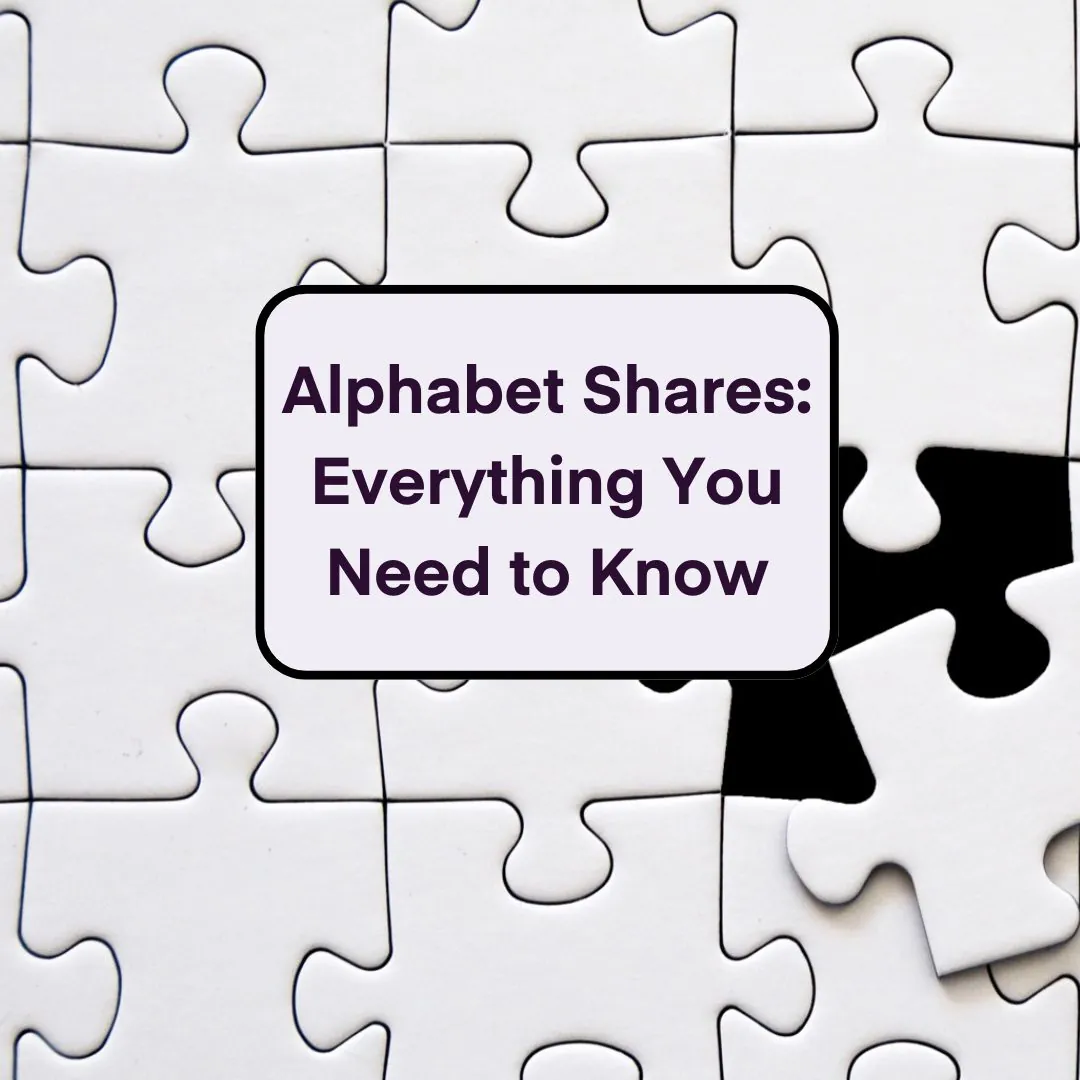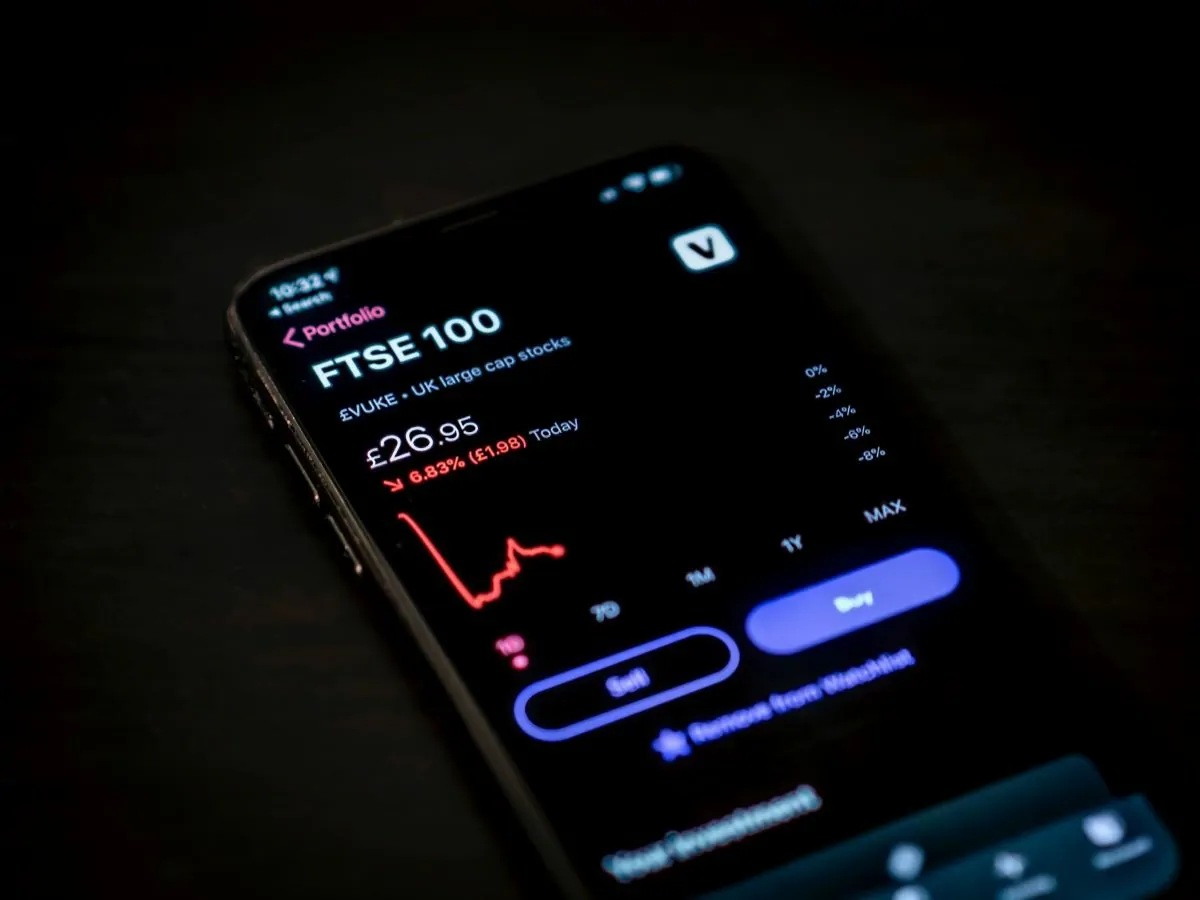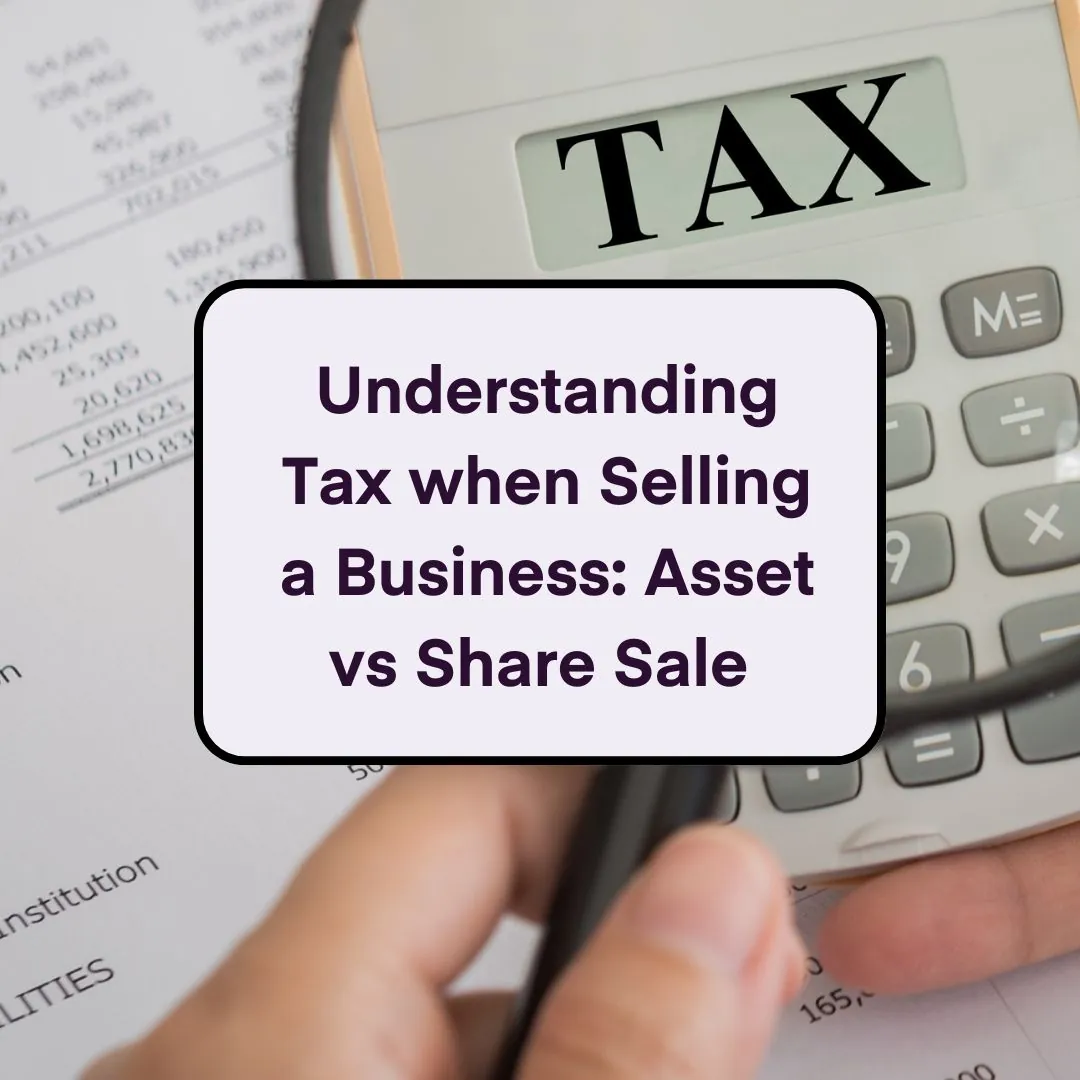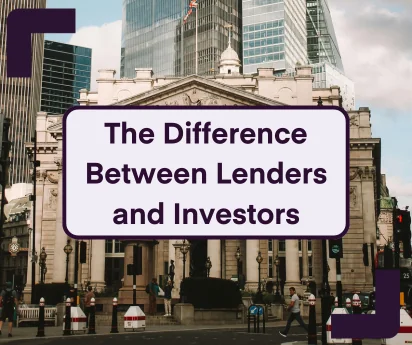
Recession-Proof Businesses: Why do they survive?
21 Aug 2023In late 1990, amid a recession that would go on to last 5 quarters, UK discount retailer Poundland opened its doors for the first time. Defying the odds Poundland grew at a rapid pace. Much later in 2009, during the great recession, Poundland saw record sales.
Currently, the world has been flirting with yet another recession that would seriously impact the global economy. However, as we’ll explore, some businesses may shrug their shoulders at this news. Additionally, others may welcome it.
Today we’ll look at past recessions to see what business seemed to do best and why, to help us conclude what industries could be recession-proof.
What is a recession?
According to the Office of National Statistics, the popular definition of a recession is usually considered at least two consecutive quarters of economic contraction – or ‘negative growth’ – in Gross Domestic Product (GDP).
Although recessions come around for different reasons, they can all be problematic for business owners.
Recessions can be quite dangerous if not dealt with quickly as they can fall into a short of death spiral.
The downward cycle of economic decline occurs when various negative economic factors interact and amplify each other.
Rising unemployment, and declining consumer and business spending causes further unemployment which causes declining consumer spending, which causes declining business spending.
This cycle can be difficult to break and often requires significant intervention from governments, central banks, and other economic entities.
Recession-proof industries
Before we dive into it, a quick caveat: Just because your business may fall into a ‘recession-proof’ industry, you are not automatically safe from failure. Businesses in recession-proof industries still need to be competitive across all aspects of operating, just like any other firm.
If your business is struggling and needs support, read more about how we can help here.
Now, let’s get into it. In no particular order, here’s our list of recession-proof industries.
Healthcare
Two separate studies, one from McKinsey and another from The Office of National Statics both found the healthcare industry grew during recent recessions.
The studies found that during the 1990 and 2001 recession, the healthcare sector saw an increase in EBITDA (earnings before interest, taxes, depreciation and amortisation) by 2 and 21 per cent respectively.
These studies go on to explain how healthcare is a recession-proof industry due to its necessity. It doesn’t matter what the economic climate is people simply need healthcare.
For those working in the healthcare sector, further studies have shown that employment grows during a recession where it’s seen to shrink in every other industry.
Consumer staples
Next up is consumer staples, which do just slightly worse than healthcare during recessions, according to McKinsey.
Yet again, the reason for consumer staples’ survivability is their necessity. The basics of living, such as food and drink, will rarely lose demand, only seeing a 5% drop in EBITDA in the 2001 recession.
Among businesses that sell consumer staples, you won’t be surprised to hear that discount stores do the best during recessions.
As people cut spending during difficult economic times, they look for the best value for money, which is usually found in stores such as Poundland, Aldi, Lidl and Walmart (for Americans).
Utilities
Utilities such as water, sewage, electricity, gas, waste, recycling, TV, internet, security, and phone services don’t seem to take much of a hit when times are hard either.
Only in the 2001 recession did they see a sizable hit in EBITDA dropping 20%
This follows the trend of necessity, you need running water, you need electricity, and you need the internet. Utilities can also receive government subsidiaries which provide an additional safety net.
Alcoholic beverages
Making a somewhat surprising appearance, alcoholic beverages run off the current trend of necessity. So why are they on this list? One article by Forbes suggests that due to their affordability, alcoholic beverages become the new small luxury.
During unstable economic periods, what would once be a fancy meal out with friends and family becomes a home meal with a few cheaper alcoholic drinks.
Alcohol, although a terrible long-term solution, is used by people to ease stress in the short term. During difficult economic periods, some people might be persuaded to turn to alcohol when money gets tight, and the situation gets stressful.
Although using alternative healthy stress relievers would go so much further.
Small affordable luxuries
The industry of small affordable luxuries generally covers things that make you feel good that are relatively cheap. Even during hard times, people still want to treat themselves, so they tend to scale down their spending on luxuries rather than cutting it out completely.
Because people switch to these cheap luxuries, such as lipstick, nail polish, and alcohol, they are generally regarded as recession-proof.
The lipstick index
The ability of some industries to endure economic downturns, such as lipstick and nail polish, has been suggested as an actual measure of the economy.
The famous lipstick index, a phrase coined by billionaire Leonard Lauder, was offered up as an economic indicator due to some evidence suggesting more people buy these small luxuries during difficult economic periods.
Ultimately this theory has been disregarded due to lipstick sales increasing during prosperous economic times too, meaning it can’t reliability be used as an early warning system.
In recent times people refer to the lipstick index as the nail polish index due to nail polish sales seeing an increase in sales around the 2010 recession.
Wrapping up
So why are these industries recession-proof? Necessity. If people can’t live without it, as bad as an economic downturn is, it won’t get in the way of people’s needs.
So, if your product/service is a basic human need, as long as it’s the best value for money on the market, we can say with relative confidence that you’ll be safe.
But that doesn’t explain the small luxuries, as much as we might like them, lipstick, nail polish and alcohol aren’t a necessity. As we’ve covered, when people can no longer afford the more extravagant luxuries, they turn to the cheaper ones.




















